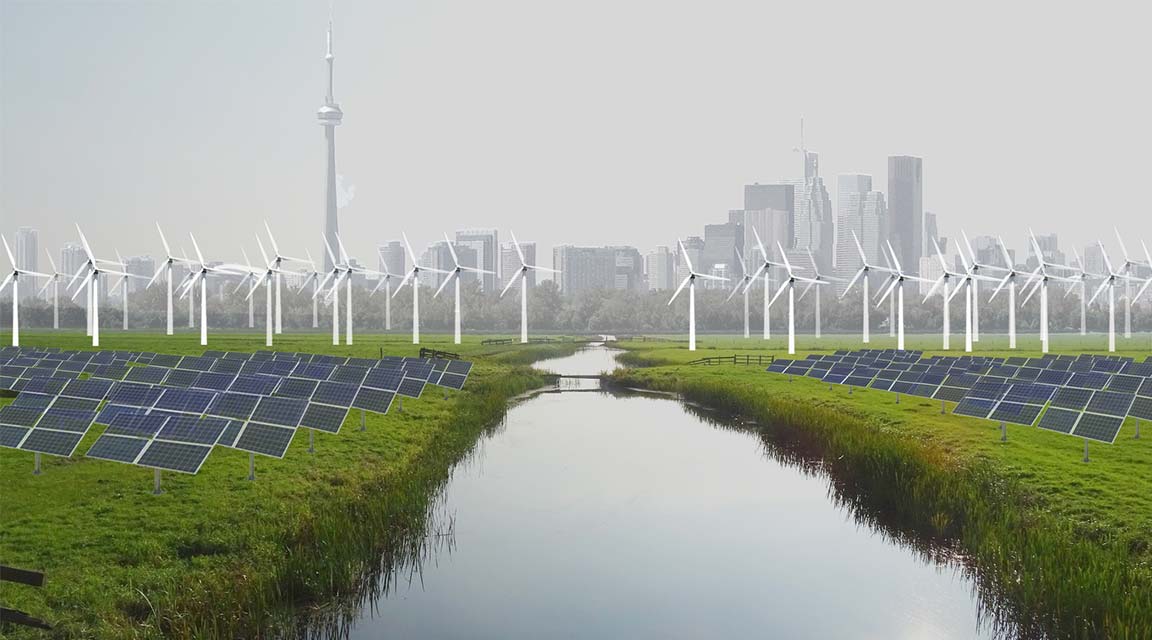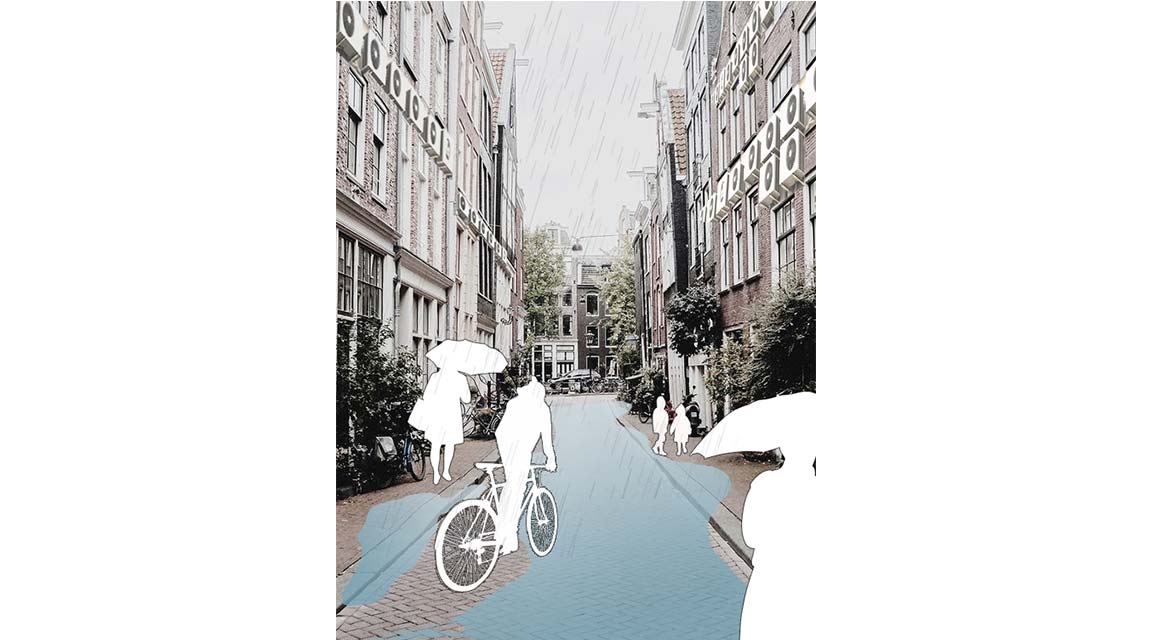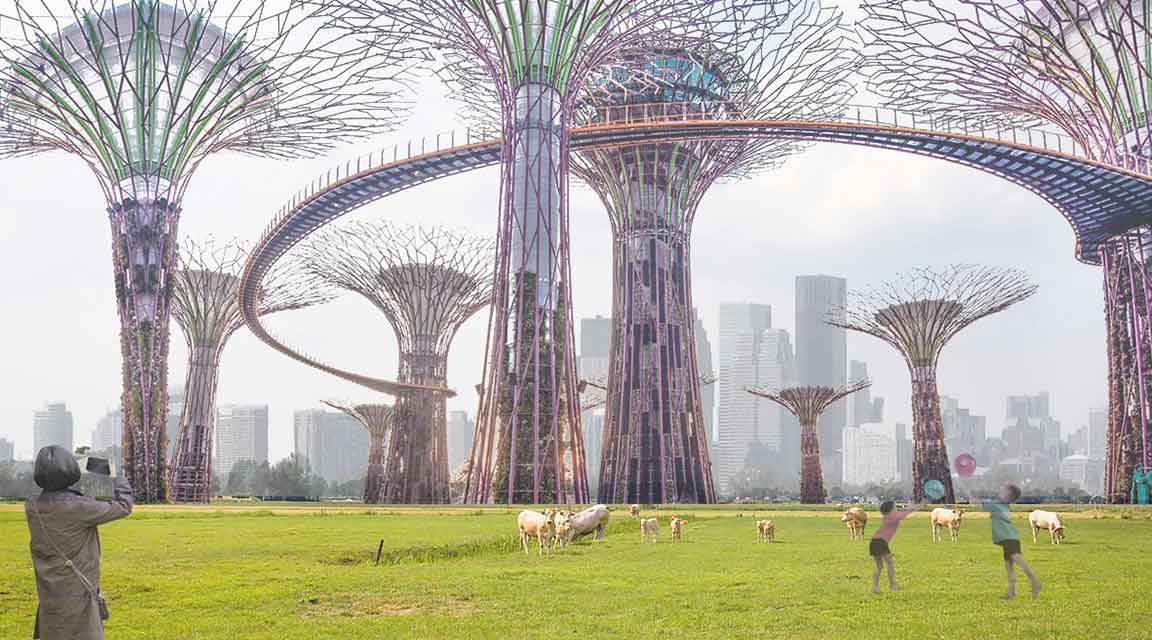What is The New Planning?
Directions and Learnings
15 juli 2019
This is a call for action. And primarily a call for participation. Why “new planning”? Because we think that the mainstream planning, with its traditional methods, does not work efficiently anymore within the political and social changing context. Hence, we would like to discuss the need for a better planning approach and so, discuss the concept of “new planning”.
Are we prepared to change the future? How do we deal with the transitions and what are we aiming for? How do we efficiently implement visions? Visions (like Nationale Omgevingsvisie) facilitates changes? Are we equipped with the right expertise to create these visions? Which are the sectors/ organizations that can be involved in these decisions from the beginning of the process? There are many vital questions that all planners and decision makers are dealing with at the moment. Evidently, these questions are as important for the Netherlands as elsewhere, but furthermore these discussions are crossing borders, sectorally, politically and geographically.
A new way of doing planning – a model of planning – is needed that can simultaneously provide direction and coordination whilst working inclusively in more complex governance settings. This will require both more reform of the formal institutions of planning law and instruments, but also crucially the informal ‘ways of doing’ planning, the norms and practices of Dutch planners. A breakthrough is required in the thinking about spatial planning.
#newplanningdialogue seeks an approach to systematize the innovative planning instruments to be adapted in an appropriate manner, by creating a community of pertinent organizations.
The New Planning Paradigm
A normative and unprecedented approach
— 01 The “new planning” should be able to clarify and simplify, what we should expect realistically (considering the uncertainties), what people want and what is necessary to fulfill these wants.
Do you think we really can say this is “new” to planning? And if so, what conditions are to be met to ensure this?
— 02 There is a “shared urgency” on the issue(s) at stake among the principal actors/ decision makers (driving force, ambitions). There is an urgent need to change the framework of planning and prepare a different working method.
And if so, what can planners do to convince participants in a planning process of the urgencies at stake?
— 03 It’s “actor oriented” (who can contribute and how? /aiming at coalition building). Therefore, it has a keen eye for people and parties (informal or institutional) with “interests” who could support the planning aims, also those who are able to contribute financially (investors/ “follow the money”).
Do you think this actor-oriented approach is in line with the new planning system to be introduced soon in the Netherlands (Omgevingswet)?
— 04 It doesn’t want to have government’s former dominant role back, but it somehow should bring control back to all the stakeholders and not just the government: “take back control together”. This elaborates the aspects of the role of the planner.
Is it necessary that governments should asses their role again and choose for a more profound role in planning?
— 05 Its most important method is “dialogue” based on a “deliberative democratic model”. This implies the need for a better, more direct, connection between knowledge and deliberation. It also stresses the need for “soft spaces”, informal settings where dialogues can flourish. This also touches the subject of Network Planning; a practice on a horizontal level in society where the planner acts as the mediator, connecting ideas to practice, startups to clients and consumers etc.
How valuable are these two “new requirements”: knowledge and dialogue and (2) soft spaces in order to expect explicit results? How is the role of planners changing with the new requirements?
— 06 It takes “unpredictability” into account (scenario approach). It values adaptability and flexibility in the process of decision making.
Do we need more scenario-based planning?
— 07 It has a “sense for scales” of action (and their interaction) in particular for the “regional scale”. It persuades the flexibility of forming the regions as per their beneficial context. It institutes a relation between the vertical and horizontal network of peers and stakeholders.
Thinking and acting on more scales is a problem, not only for planners. How can we ensure that all the participants in planning are inclined to think at least on different scales?
— 08 It develops a new method emphasizing the representation and enhancing the communication. A method that balances the value-based and data-driven elements to be able to prepare some new tools and instruments in the “digital age”.
Along with the planners, which other professions can be valuable for this process of developing a new planning system? How the complexity should be managed while including data and values at the same time in a planning process? How can a new means of expression be developed so that everyone understands the urgencies and not just planners do?
— 09 It’s focused on support; it seeks to involve people in a certain way of working that includes ‘inclusiveness’ and ‘integrated’ approach. It should be “integrative” and comprehensive in the sense that planners (while thinking and acting) are fully aware of other perspectives and interests that are relevant for their actions and take these interests into account. It should furthermore be understandable, able to reach people and even encourage them to engage. People should be able to relate planning goals and actions to their own situation.
This puts a strong emphasis on communication (empathic skills) on the one hand and a wider scope taking into account on the side of the planners. Is this realistic to ask?
— 10 It’s focused at concrete “results” (practice as result) and radically in the sense that it’s aimed at “action” (Elvis Presley: ‘a little less conversation and a little more action’).
Do we need this “new” attitude and if so how can we reach it. How to accelerate the process?
Join the dialogue
Be a part of the dialogue to opinionate, influence and revolutionize the planning model and support the project by your eminent participation. Follow the link to know more about the project.
As a preparation for the conference, we are developing a brief booklet about the New Planning directions and learnings to be circulated with the national and international stakeholders and attendees of this conference. Reflect on the directions of New Planning from your expertise and help us answering these following questions about these 10 pointers:
- Which new points should be added to the list? What is still missing?
- Which points of New Planning are you already using in your practice?
- Where in the field of planning do you see interesting signs towards the new planning?
- Can you elaborate on one of the statements we wrote down (our list of ten)?
Thus, we invite you to send us a one page reflection (maximum 500 words) and send it to us by 27th November.



